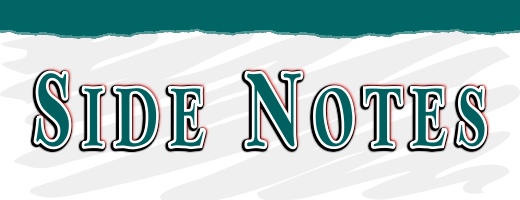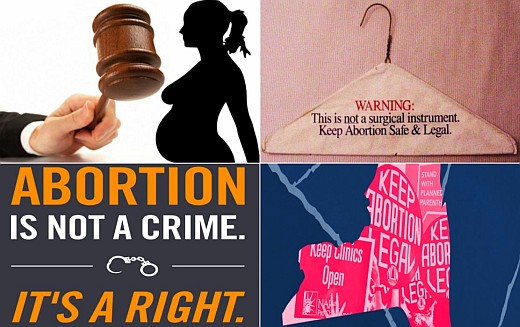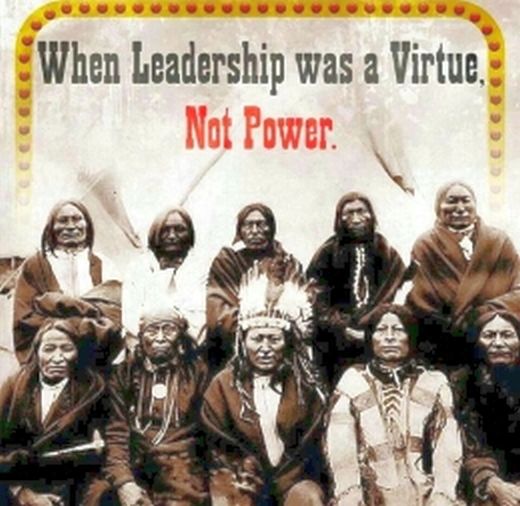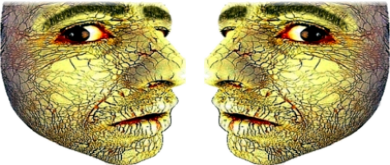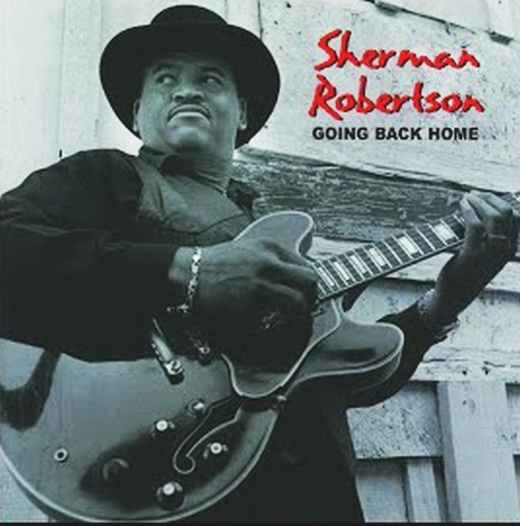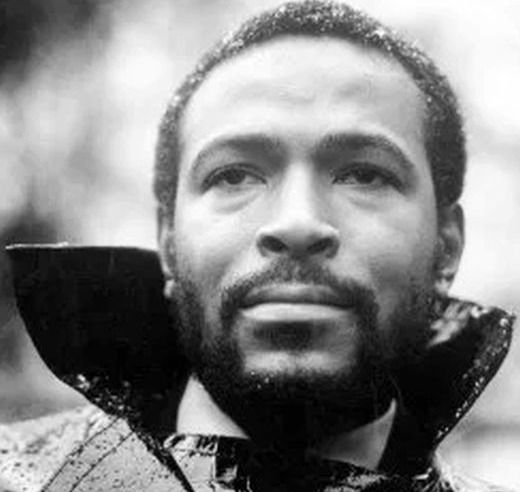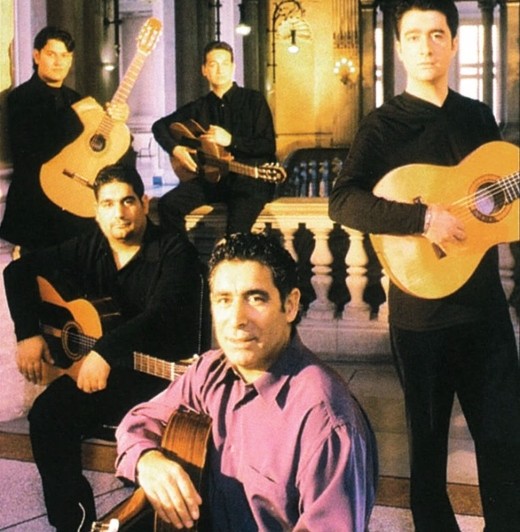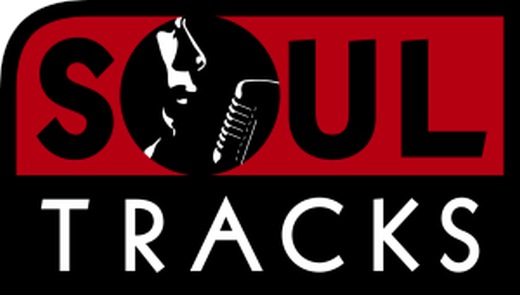
Montesquieu. Hall. Pollitt.
When the legislative and executive powers are united in the same person, or in the same body of magistrates, there can be no liberty; because apprehensions may arise, lest the same monarch or senate should enact tyrannical laws, to execute them in a tyrannical manner. In truth, the tyranny of a prince in an oligarchy is not so dangerous to the public welfare as the apathy of a citizen in a democracy. Montesquieu.
Is American decline, such as it has been, the result of traditional factors, or does it rather result from the provisions of services for capitalist society as a whole? Theorists of decline occasionally give the impression that the United States once could do as it wished, but now is more or less impotent. The image of a [U.S.] golden age is much exaggerated.
Democracy is a resource quite as much as a stumbling block, at least for an intelligent and determined elite. This suggests a final factor whose impact is improperly understood but of undoubted importance.
During the Second World War something like a political class was created in the United States. If this class was at times constrained by the popular passions it had itself in part aroused and by the institutional surroundings in which it had to work, its fundamental unity meant that it could, when it acted skilfully, have its way most of the time; a determined political elite could still succeed in most of the tasks it set itself. John A. Hall, Will the United States Decline as did Britain? in The Rise and Decline of the Nation State, edited by Michael Mann, 1990.
Even if we all decided to define personhood to include fertilized eggs and embryos and fetuses, they would not have the right to use a woman’s body against her will and at whatever cost to herself. Persons are not entitled to use one another like that: Even if I am the only person in the world who can save my child by donating a kidney, the decision is still mine to make. Katha Pollitt.

